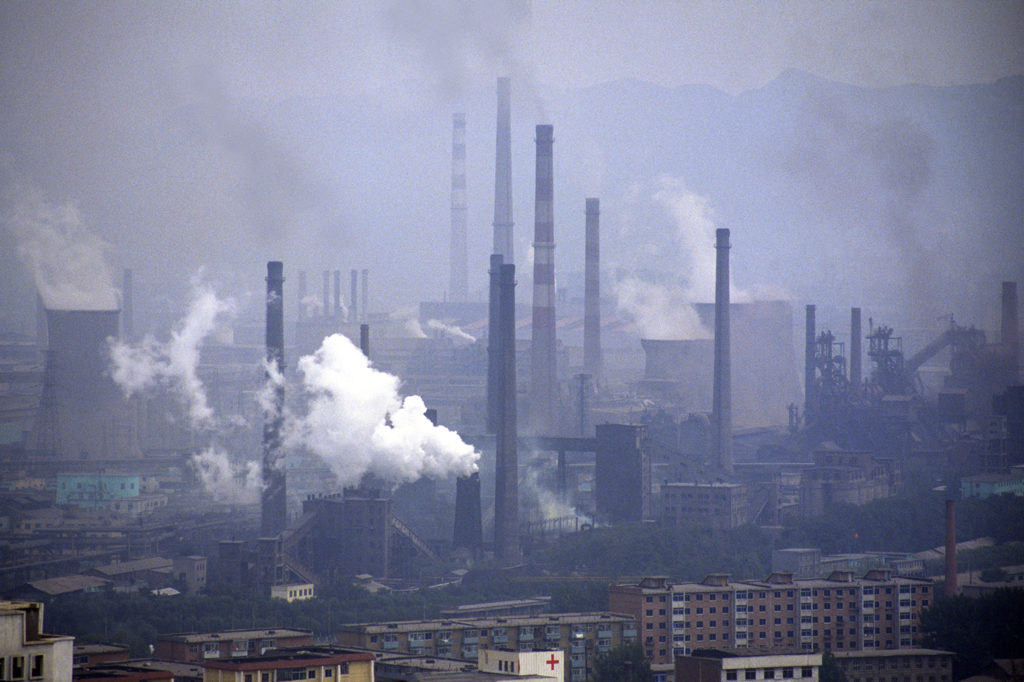MountainBuzzMan
Helluva Engineer
- Messages
- 1,710
- Location
- South Forsyth
Does midtown have year round rolling blackouts and never told anyone? Maybe that explains why we are constantly losing power.
A genuine question....were coal and nuclear unable to rise to the occasion because there simply were not enough power generation facilties using those fuels? I had not heard of failures on their output.... the whole "kill fossil fuels' crowd has generally forced the closure of many older coal plants, and has opposed the construction of new nuclear plants in most blue states.I agree there should be diversified sources of power to mitigate risk. The issue here is that even those more reliable sources had failures of their own. Coal, Gas, Nuclear...all were unprepared for this cold so no other source could pick up the slack.
Another way to mitigate that risk is to spend more on winterizing these facilities, or at least a portion of them. I understand that "it's Texas, do you really need to prepare for single digit weather?" but it's all about risk mitigation and preparedness.
Coal and nuclear were not able to rise to the occasion, and in fact they weren't able to maintain the output that was typically expected of them. One of the links I posted previously describes how the nuclear plant outside of Houston had to shutdown because the cold caused an issue with a feedwater pump and triggered a shutdown. Coal plants need water to operate and they had trouble getting that, the cold froze some instruments, etc. Across the board, this level of cold affected everything because Texas buildings and infrastructure are just not designed for this. Buildings are generally more designed to keep heat out than keep heat in. The amount of pipes freezing and bursting across the state is keeping plumbers working around the clock.A genuine question....were coal and nuclear unable to rise to the occasion because there simply were not enough power generation facilties using those fuels? I had not heard of failures on their output.... the whole "kill fossil fuels' crowd has generally forced the closure of many older coal plants, and has opposed the construction of new nuclear plants in most blue states.
It may not care directionally but that differential is a lot bigger when it's 8 degrees outside and you're trying to keep heat in to maintain 70 degrees than it is when it's 98 degrees outside and you're trying to keep the heat out to maintain the 70 degrees....unless of course math has changed from the good old daysI don’t think insulation cares much which way the temperature differential is unless Thermo has changed from the good old days.

 judithcurry.com
judithcurry.com
Well I’ll take the risk and post this. Hope Teddy doesn’t rear his ugly head.

Assigning Blame for the Blackouts in Texas
By Planning Engineer The story from some media sources is that frozen wind turbines are responsible for the power shortfalls in Texas. Other media sources emphasize that fossil fuel resources shoul…judithcurry.com
Teddy does not care. He just wants to control what he wants to control.We should have never run Dr, Curry off. She was the best kind of scientist - honest and rational. Anti-alarmism.
Teddy does not care. He just wants to control what he wants to control.
Sorry...who is Teddy?Teddy does not care. He just wants to control what he wants to control.
Valentine, a insignificant dude given too much power & influence who frequently uses it inappropriately.Sorry...who is Teddy
Utterly ridiculous. A one-year drop in carbon emissions wouldn't have a sudden impact on temperatures, and long-term trends are far more significant.BTW, in case anybody missed it, global carbon emissions fell 6.5% in 2020. Normally they increase 1%-2% in a given year, so this decrease was massive compared to where we should have been. Unsurprising to any of us, there was not a single tiny incremental change in temperatures attributable to that. Which obviously once again completely torpedoes the notion that we have any idea what's going on with or how to influence earth's temperatures.
Utterly ridiculous. A one-year drop in carbon emissions wouldn't have a sudden impact on temperatures, and long-term trends are far more significant.

First you talked about temperatures, and now you've slid over to carbon levels in the atmosphere. Here's the answer to your latest question:What's utterly ridiculous - their models? I'd agree.
Do this, google "global carbon emissions increase 2020" and go back several years. What you'll notice if you do that is contrary to the news and media reports, global carbon emissions have been completely flat after massive growth in the preceding years and decades. In other words, our total global carbon emissions haven't increased in nearly a decade.
Yet what do we see in carbon dioxide concentrations in the atmosphere? You can go here and look - if anything its getting worse.
Global Monitoring Laboratory - Carbon Cycle Greenhouse Gases
The Global Monitoring Laboratory conducts research on greenhouse gas and carbon cycle feedbacks, changes in clouds, aerosols, and surface radiation, and recovery of stratospheric ozone.www.esrl.noaa.gov
At some point people have to realize that we actually don't understand the trend and correlation between global temperatures and human activity.
There is a chart here that shows how global carbon emissions nearly quadrupled from 1960 to 2010. We've been flat now for nearly a decade, and yet we see no measurable difference in anything related to temperatures, global warming, or carbon dioxide concentrations.

Analysis: Global CO2 emissions set to rise 2% in 2017 after three-year ‘plateau’ - Carbon Brief
Over the past three years, global CO2 emissions from fossil fuels have remained relatively flat, however new data suggests this may be about to change.www.carbonbrief.org
First you talked about temperatures, and now you've slid over to carbon levels in the atmosphere. Here's the answer to your latest question:
Why Has a Drop in Global CO2 Emissions Not Caused CO2 Levels in the Atmosphere to Stabilize? | The Keeling Curve (ucsd.edu)
"There’s a pretty simple reason why the recent stabilization in global emissions hasn’t caused CO2 levels to stabilize. The ocean and land sinks for CO2 currently offset only about 50 percent of the emissions. So the equivalent of 50 percent of the emissions is still accumulating in the atmosphere, even with stable emissions. To stabilize CO2 levels would require roughly an immediate roughly 50 percent cut in emissions, at which point the remaining emissions would be fully offset by the sinks, at least for a while."
For the same reason that declining deficits lead to increasing debt. It's still getting worse, only slower.Sorry I wasn't more clear. I didn't say I expected CO2 levels to stabilize. I said why are CO2 levels getting worse when growth in emissions has gotten better. Over the last decade the trajectory of emissions and the trajectory in atmospheric concentrations are going in opposite directions. That link doesn't answer my question, as that wasn't what I asked. What I asked is how does decelerating emissions result in accelerating concentrations.
For the same reason that declining deficits lead to increasing debt. It's still getting worse, only slower.
Any deficit at all adds to the overall debt. What's not to understand?
